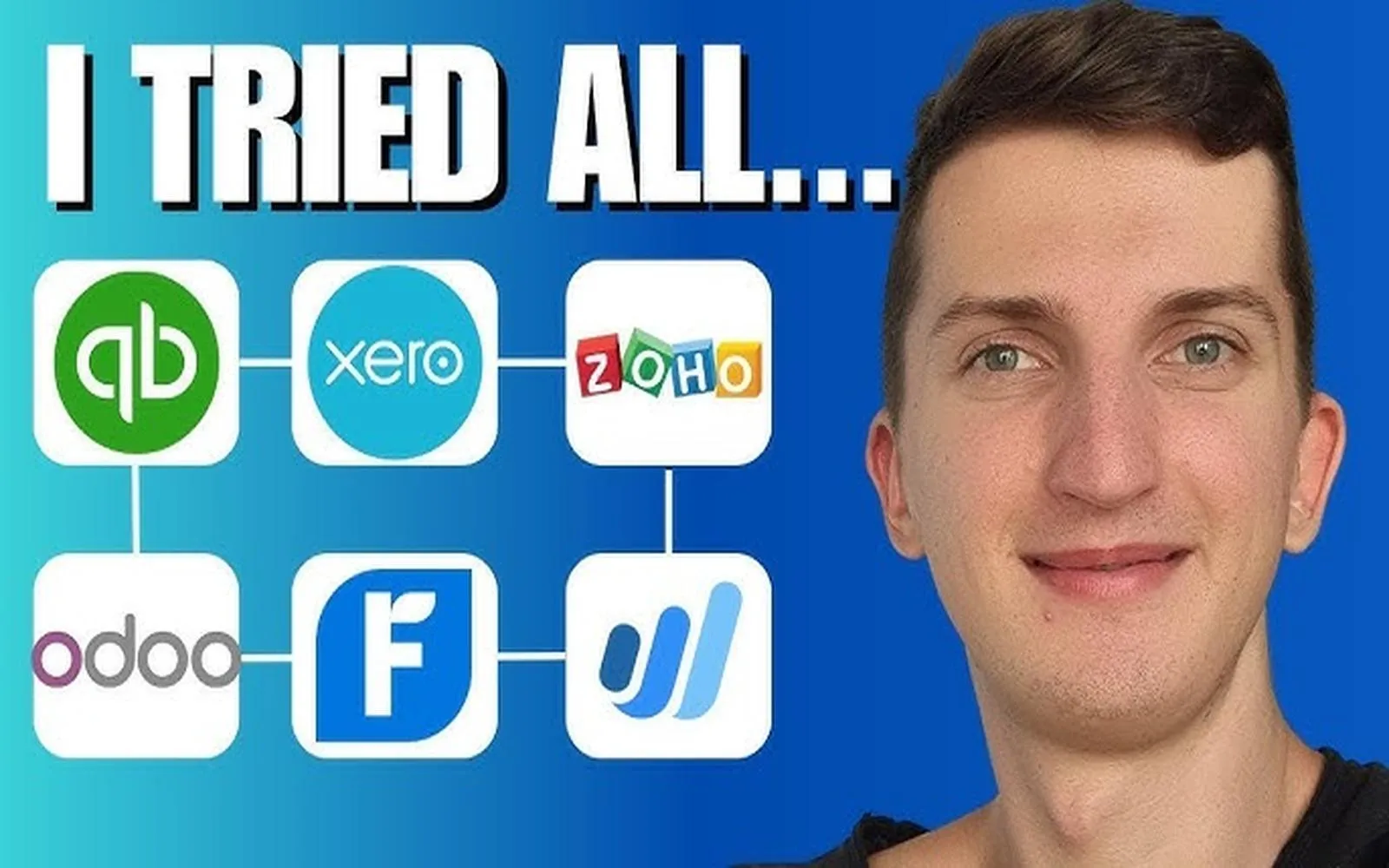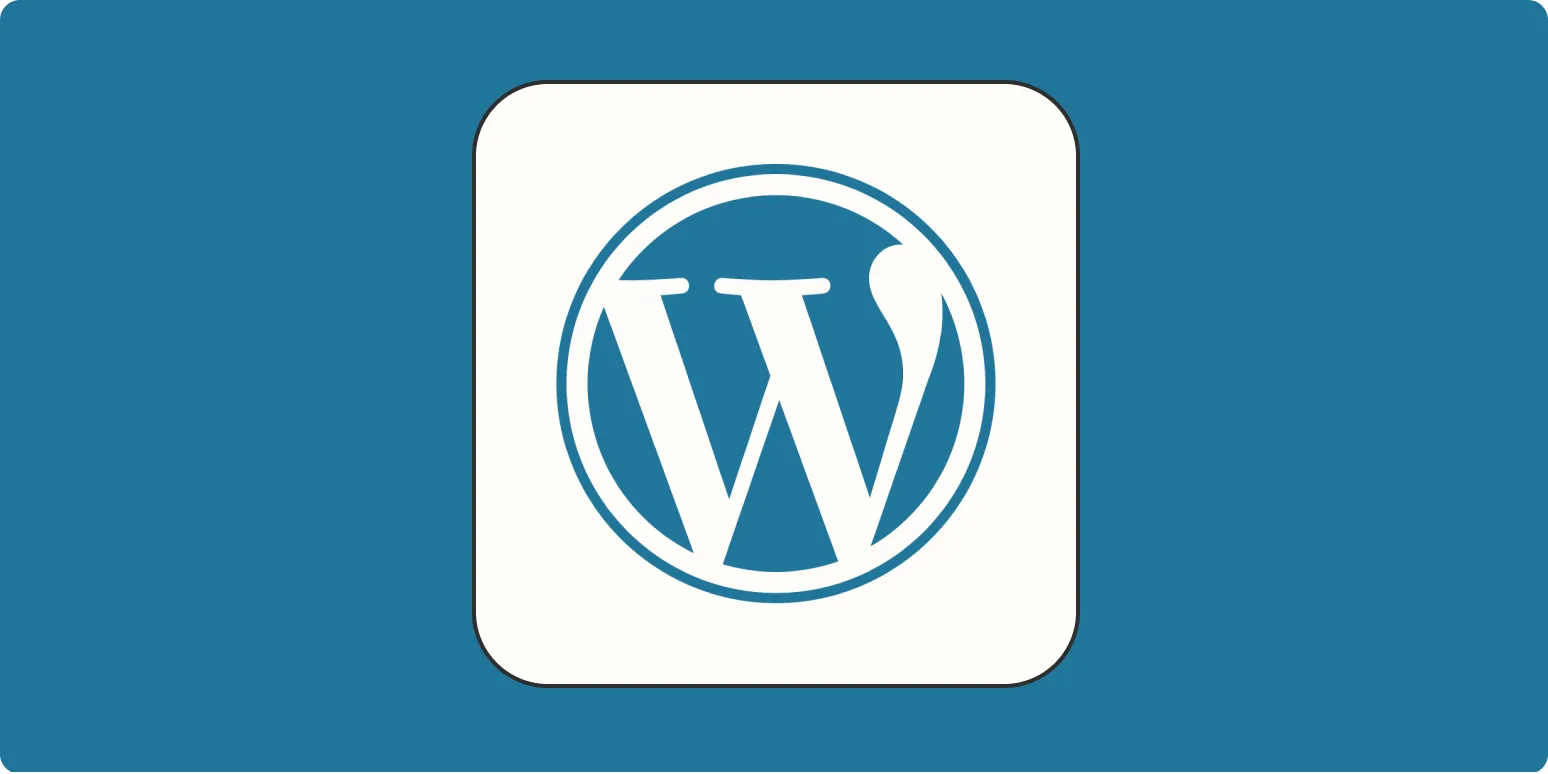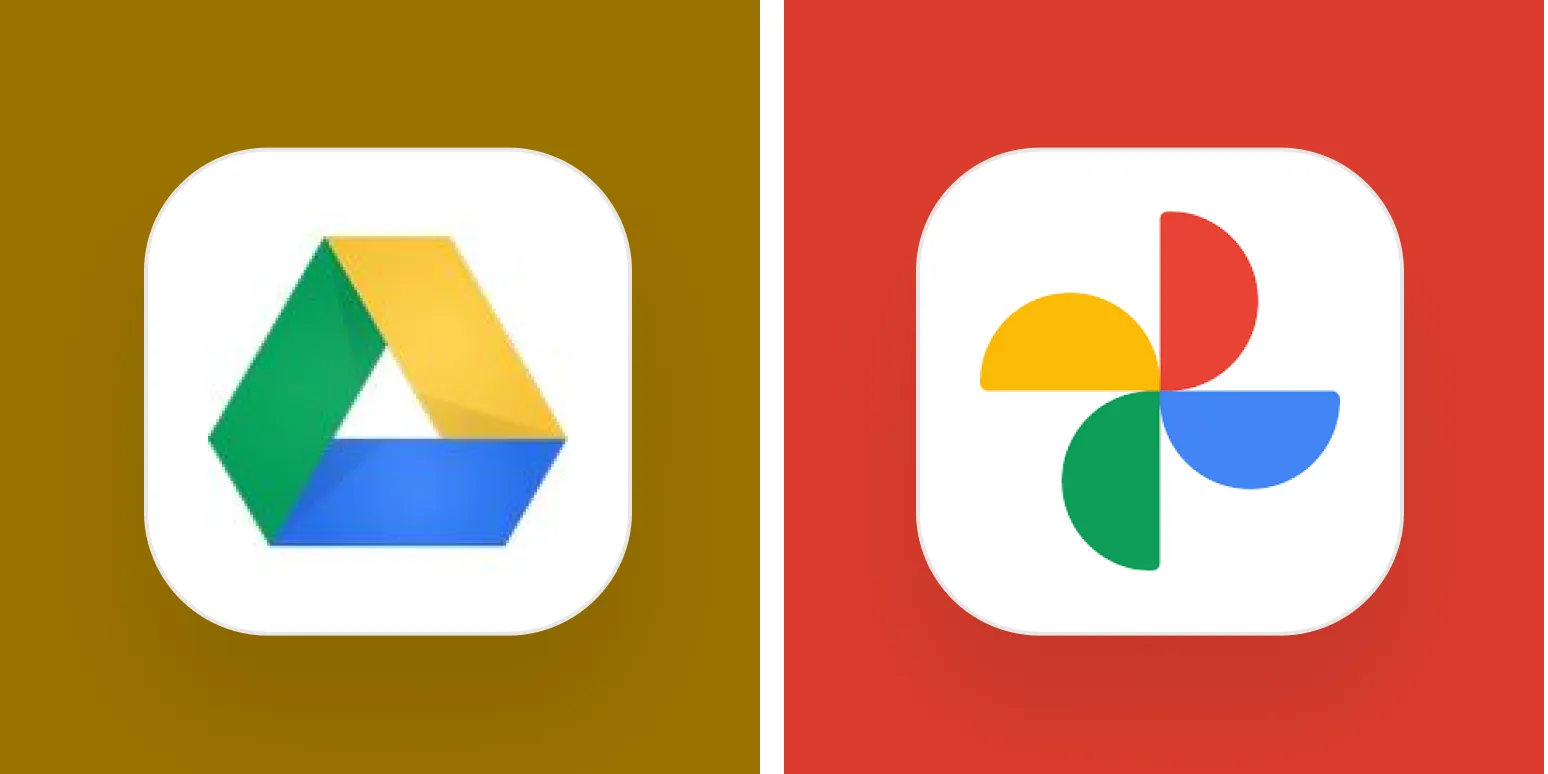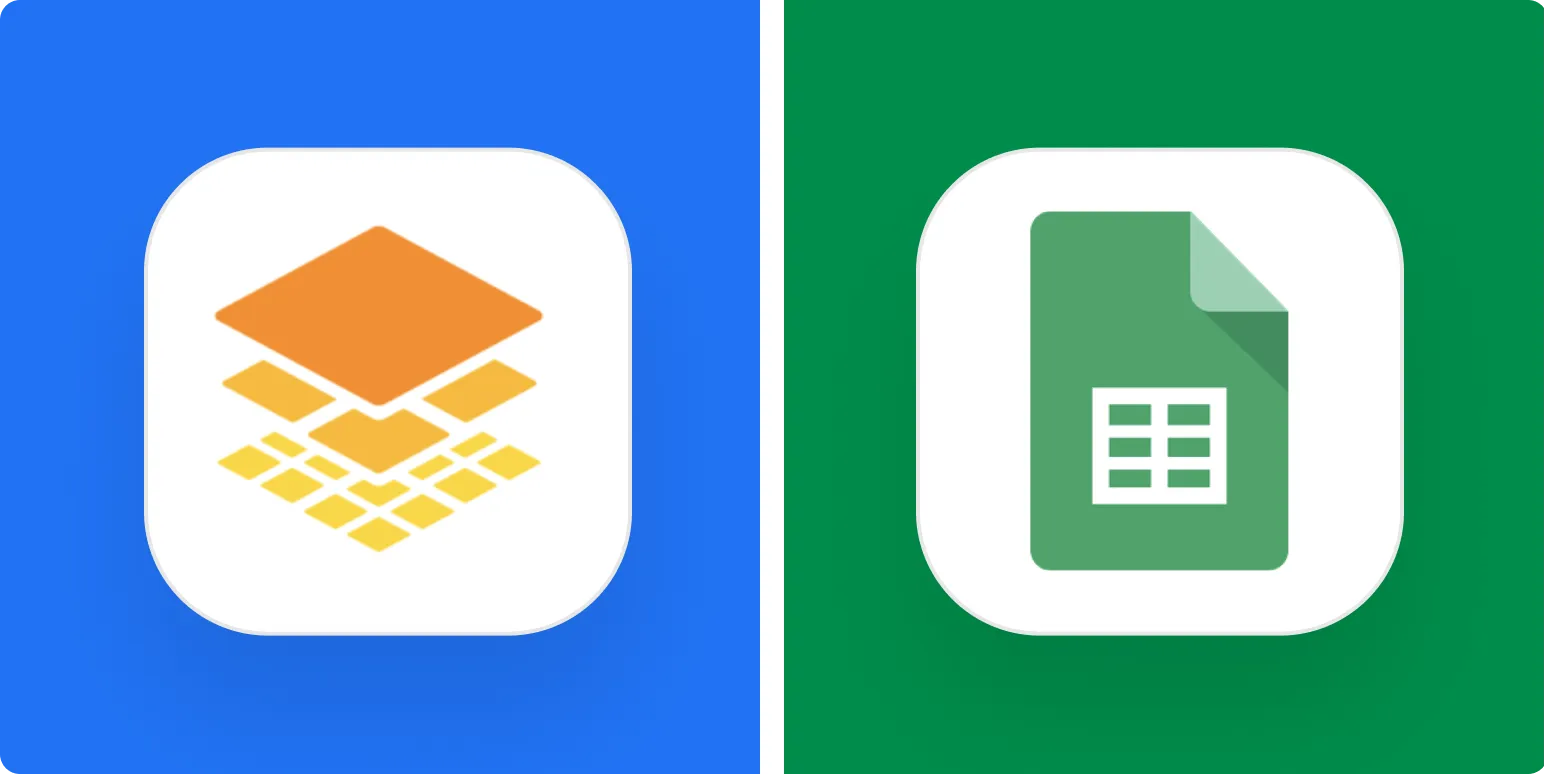Overview of FreshBooks and Xero
When it comes to choosing the right accounting software for your business, two names often come up: ''FreshBooks'' and ''Xero''. Both platforms offer a wide range of features designed to streamline financial management, but they cater to different types of users and business needs. In this article, we will compare FreshBooks and Xero in various categories to help you determine which software is the best fit for your accounting needs in 2025.
Ease of Use
One of the primary considerations when selecting accounting software is how user-friendly it is. ''FreshBooks'' is known for its intuitive interface, making it particularly appealing to small business owners and freelancers without extensive accounting backgrounds. Users appreciate its straightforward navigation and quick setup process.
On the other hand, ''Xero'' is also designed with usability in mind, but it offers a more robust set of features that may require a slight learning curve. However, once users familiarize themselves with the system, they find it equally efficient for managing complex financial data.
Features Comparison
Both FreshBooks and Xero come loaded with features, but they excel in different areas. Below is a comparison chart highlighting key features:
| Feature | FreshBooks | Xero |
|---|---|---|
| Invoicing | Customizable invoices, automated reminders | Advanced invoicing options, recurring billing |
| Expense Tracking | Easy receipt scanning, expense categorization | Comprehensive expense management, multi-currency support |
| Reporting | Basic reports available | In-depth reporting and analysis tools |
| Time Tracking | Integrated time tracking | Time tracking with project management features |
| Integrations | Limited integrations | Wide range of third-party integrations |
Pricing Structure
Pricing is often a deciding factor for businesses when selecting accounting software. ''FreshBooks'' offers a tiered pricing model that is competitive for freelancers and small businesses. Its plans start at a lower price point, making it attractive for those just beginning their entrepreneurial journey.
''Xero'', while generally more expensive, provides a comprehensive suite of features that can justify the higher cost for larger businesses or those needing advanced accounting capabilities. Below is a brief overview of their pricing structures as of 2025:
| Plan | FreshBooks | Xero |
|---|---|---|
| Basic | $15/month | $12/month |
| Plus | $25/month | $34/month |
| Premium | $50/month | $65/month |
Customer Support
Effective customer support is crucial when using accounting software. ''FreshBooks'' shines in this area, offering 24/7 customer support through various channels, including chat, email, and phone. Users frequently commend their responsive service.
''Xero'' also provides excellent customer support but primarily focuses on email and online resources. While they do offer a robust knowledge base and community forums, users seeking immediate assistance might find FreshBooks more accommodating.
Final Verdict: Which Software is Best for You?
Ultimately, the decision between ''FreshBooks'' and ''Xero'' hinges on your specific business needs. If you are a freelancer or a small business owner seeking straightforward invoicing and expense tracking, ''FreshBooks'' is likely the better choice due to its ease of use and lower cost. Its features are tailored for those who want to focus on their core business activities without getting bogged down by complex accounting functionalities.
Conversely, if you run a larger business or require more sophisticated accounting solutions, ''Xero'' offers a broader range of features and customization options that can support your growth and provide valuable insights through advanced reporting. Its multi-currency capabilities and extensive integrations make it an ideal choice for businesses with more complex financial needs.
Conclusion
In conclusion, both ''FreshBooks'' and ''Xero'' have their unique strengths and weaknesses. Carefully assess your business requirements, budget, and the features that matter most to you. By doing so, you can select the accounting software that will not only meet your current needs but also grow with your business in the future.





